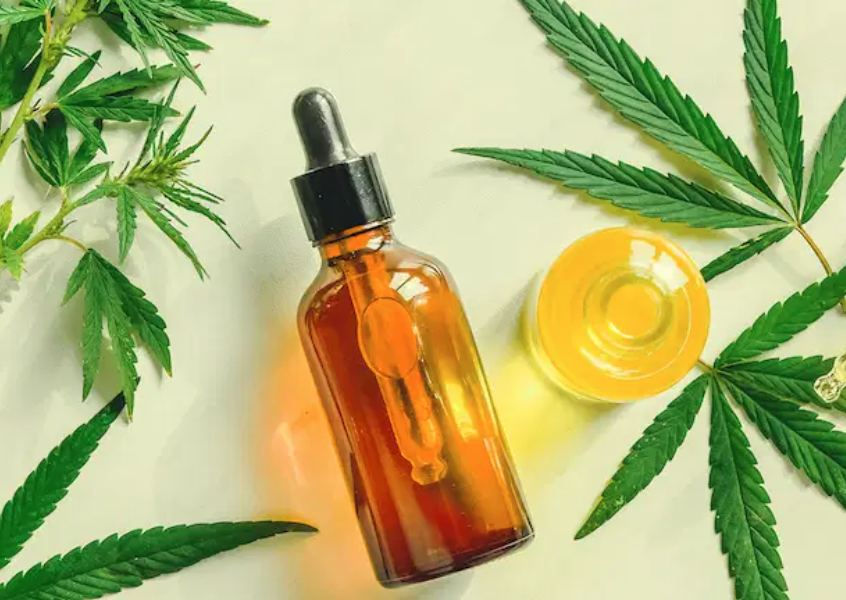Organic CBD

Organic CBD

The market for organic CBD has introduced a wide range of products that consumers can choose from. It’s likely that you’ve noticed finding CBD products that are actually organic can be a challenge. There are plenty of products in the market that claims they are from organic sources but verifying these sources can be a sticking point.
There are many companies that claim they are selling CBD oil, tinctures, and other products that are safe for consumption and 100% organic. These are false claims and the only time that a product is certified organic is when it is produced using a pesticide-free process.
Certified CBD is not always easy to verify but a certified organic CBD is often something that pesticide-free and verified via a laboratory. The reason why this type of CBD is so difficult to find is a lack of regulation in the industry.
Industry Regulations Fall Behind
Because there’s very little regulation in the CBD industry, many manufacturers have found out that they won’t face any legal ramifications by labeling their product as organic. The truth is that these all-natural products may not be completely organic or all-natural and many of the products are simply produced using inexpensive hemp instead.
What Organic CBD Really Means
Organic produce is covered under the organic foods protection act which was passed in the 1990 Farm bill. This national standard for the production of foods that would be labeled organic established guidelines for the safe handling, production, and processing of anything that would be labeled as an organic product. The national organic standards Board was created as a part of this initiative and this board would be responsible for maintaining the standards for which all organic food products would be produced.
The standards rules were changed in the year 2000 and enacted in the year 2001. It’s likely that now that there have been around 19 years of organic produce and grocery store, you’re fairly familiar with the organic seals and identifying organic produce.
In order to produce certified organic CBD hemp, a manufacturer needs to meet all of these industry regulations as well as submit to participate in third-party testing. These manufacturers will need to be tested for their processing and their practices. The policies for internationally grown hemp also differ from domestic hemp regulations.
Domestic Organic Regulations
In the year 2014, the farm bill introduced a legalized process for hemp production. Organic hemp farmers have been creating crops since the bill was introduced. In the year 2016, the USDA introduced an order that would not allow an organic certification to apply to any hemp that was grown in the United States. The order was overturned in August of the same year and in the year 2018, the USDA announced that they would be creating an organic certification for any industrial hemp production.
Since this application was launched, there have been many producers that have applied but the approval process can be slow. There needs to be proof that there is a full development of organic system plans, a review from a certifying agency, inspections, and a review process after the inspections for improvements.
The overall approval process can be expensive and time-consuming but if you happen to find a product that’s produced with hemp grown in the United States that also carries the organic label, it’s very likely that you’ll be accessing a product which is well above the international standard for any organic hemp product.
If you would like to learn more about organic CBD products and some of the best products that you could enjoy in CBD hemp, contact us today.
